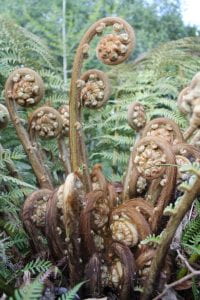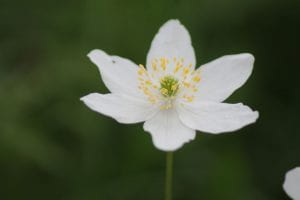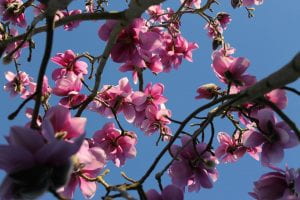By Andy Winfield
 May is monstrous, in a good way. An unstoppable surge of green enveloping everything, gunnera leaves fighting their way from the earth like zombies and the croziers of tree ferns unwinding like the kraken from sea water. This beast like energy is on our side, scaring away spring and winter back to the past where it now belongs, the power of nature is never felt more intensely. As Ralph Waldo Emerson said, “there is potent blood in modest May”. (more…)
May is monstrous, in a good way. An unstoppable surge of green enveloping everything, gunnera leaves fighting their way from the earth like zombies and the croziers of tree ferns unwinding like the kraken from sea water. This beast like energy is on our side, scaring away spring and winter back to the past where it now belongs, the power of nature is never felt more intensely. As Ralph Waldo Emerson said, “there is potent blood in modest May”. (more…)



